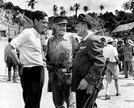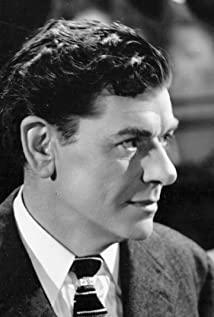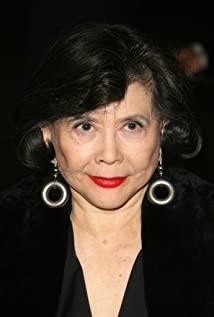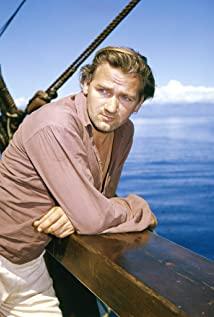The starring roles of Britain, the United States, and Japan in the movie "The Bridge of the River Kwai" can be used as representatives of the national characteristics of the three countries.
British officers adhere to the guidelines and use the Geneva Convention to reason with Japanese leaders. He would rather sacrifice his life to abide by the Geneva Convention. The convention was set for everyone to observe. If the Japanese killed him, the Japanese broke the rules, but if he compromised, he did not respect the law just like the Japanese.
He built the bridge because since soldiers must participate in labor to become prisoners of war, they must be personal. It reflects the quality of the British army. In the end, he distressed the only masterpiece he could keep as a witness in the past two decades. Check the ambush explosives. This is The most natural reaction of the builders of the project. But in the end he still realized. Blasting the bridge is more in line with the interests of the Allies, and it is more in line with the development of the war that is conducive to the peace of the people. So in the end he turned to the detonator.
I really like what the British military officer said (at 00:19): Without the law, there would be no civilization.
The reasons why British officers insisted on repairing the bridge seriously:
1. To change the laziness and lack of fighting spirit of the troops, and to boost the morale of the soldiers.
2. Let Little Japan see the professional qualities of the British.
The reason why the British officer finally prevented the bridge from bombing:
I think he was lost for a while, he felt that he had been in the army for 28 years, and the bridge represented his life meaning and existence value.
But after seeing the death of his comrade-in-arms, he suddenly realized that any excuse he gave himself was less important than victory in the war. So detonate the device.
=======
The characteristic of Japanese military officers is that they do nothing to achieve their goals. Contempt for all civilizations and laws, that is to say, the Japanese are barbaric in their bones, full of wolfishness, and may be gentle and polite at ordinary times, but once the emergency comes, they will tear off their disguise and reveal their barbaric side.
They have not evolved to the point where they respect civilization and the law.
Of course, the Japanese also have an awesome side. There is a kind of temperament and strength in their bones. In their eyes, failure is suicide and there is no other way. They don't need humanity and cannot tolerate failure. In their eyes, there is only success and death, and there is no such thing as surrender.
The winner is king, and the loser commits suicide. This is the cruel competition law of the Japanese samurai. Typical consequentialist.
=======
US military officers put personal interests under national interests. When encountering problems, they first think of protecting themselves. Unwilling to take responsibility.
Americans are very good at adapting to the environment. Among Japanese officers, they know how to improve their treatment by giving gifts. They are sleek and flexible. Like to be beautiful, a typical hedonist.
======
They all adhere to their own principles of being a person and doing things, and promote the development of the plot. After all, it's human nature.
======
Guess what would happen if China made this movie?
The movie will be shot like this: Chinese prisoners of war will do everything possible, even at the expense of their lives to delay the progress of the project, deliberately slow down, and try to blow up the bridge.
After the film was broadcast, it was unanimously praised. Praise the prisoners of war for their contributions to the resistance against Japan.
========
This movie aroused my deep thoughts:
I have always felt that in the face of national justice, individual principles can be exercised. In other words, after we set the principles for ourselves, these principles can be changed at will, and when we encounter things we think are important, the principles can be discarded.
But in fact, this is a very emotional and emotional behavior. If principles and laws can be disregarded, it means there are no principles and laws.
At a young age, I decided to quit drinking. After a few days, the alcohol addiction came, and I ignored it, and the previous principle of quitting was forgotten.
On a larger scale, the Constitution is formulated, and soon afterwards, in order to facilitate things, the Constitution will be amended casually.
These are all negative effects of disrespect for principles.
Yes, respecting the principle can cause a lot of trouble. But life is inherently a difficult process, and nothing can be perfect. In the long run, the principle of respect has more advantages than disadvantages.
If you only need to climb the wall in front of you, you can succeed, otherwise you will have to go around ten kilometers, and legal rules cannot climb this wall. what will you do?
If you are playing chess, you can take the opponent's rook without losing yourself. But according to your operating system, you can't take advantage of this big advantage, what would you do?
Adhering to principles and doing things rationally is the right thing and what we should do. Never use emotions, and don't let your emotions control your brain.
10 points.
View more about The Bridge on the River Kwai reviews











